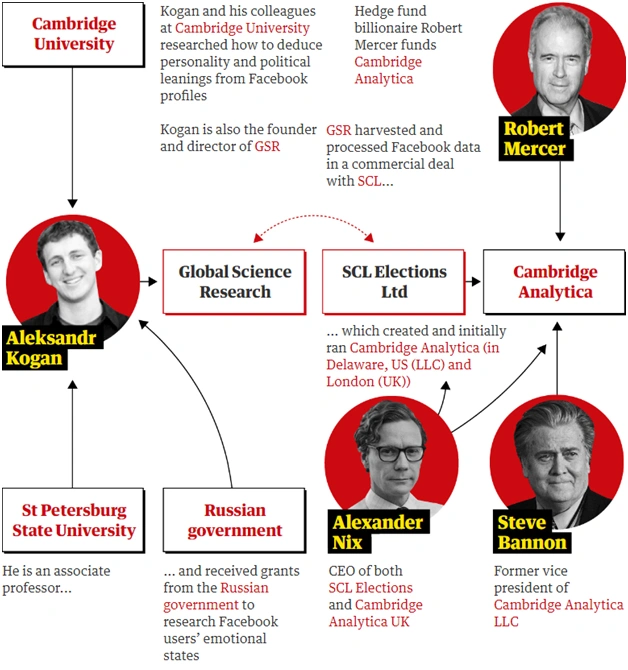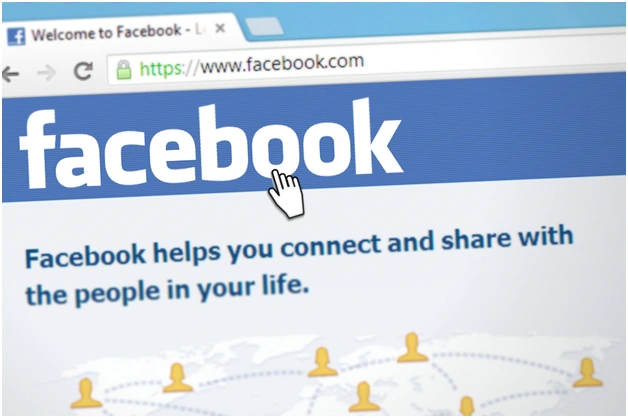

Ever since whistle-blower Christopher Wylie revealed in an interview with the Guardian, how 50 million Facebook profiles were harvested for Cambridge Analytica, there was a public outcry across the globe. People are raging over the obvious data privacy concerns and US senators have called upon Facebook founder Mark Zuckerberg to testify on how the platform will protect users’ data. European Parliament has also announced an investigation against the misuse of the data.
“It is the biggest data breach ever revealed in the history of IT.”
This record breaking data breach is allegedly associated with the 2016 presidential elections in the US, and the UK Brexit referendum. It had all started in 2014 when an app developed by Aleksandr Kogan (a University of Cambridge academic) called ‘This is your Digital Life’, had invited users on Facebook to participate in taking a personality quiz. As a common practice of the time, the app collected not only the data of the users but also that of their friends.
It is reported that around 270, 000 people have participated in the quiz and, as a consequence, the data of 50 million Facebook users (friends of the participants) was harvested by the app. This data, as claimed by Mr Wylie, was then sold to Cambridge Analytica, a company that was hired by Donald Trump’s election team for his political campaigns.
What is Cambridge Analytica?
Cambridge Analytica is a data analytics company that evaluates the huge amount of consumer data, for businesses and political parties to give them an advantage on the basis of behavioural sciences in their marketing efforts.

Source:Guardian graphic
In this case, it was revealed by the company’s former chief executive, Alexander Nix, in an undercover investigation that the company had run all its targeted campaigns on television and digital media, by forming strategies on the basis of the harvested data they had bought. They then profiled individual US voters with Trump supporting marketing content to manipulate them psychologically. He also exposed that it was this set of strategic and targeted campaigns that had helped the Republicans win with a narrow margin of 40,000 votes in three states.
What is Facebook’s response to all this?
In 2015, Facebook implemented a new policy that severely limits the data an app can ask access to. In fact, as was stated by a Facebook’s operations manager, Sandy Parakilas, the platform had even asked Cambridge Analytica to delete all the collected information, however it never executed the follow-up process to ensure if the deed was done.
Though the company claims that it had actually deleted the data when Facebook had asked them to, The New York Times has reported that certain copies of the harvested data can still be found online.

How Can You Protect Your Data?
Facebook has come a long way since then, adapting to the expectations and concerns of the users. Now, most apps have restricted access to your private even shared data but in case you want to take all the necessary precautions you can from your end, then you can begin by controlling the number of apps and platforms that are actually using your data from Facebook, the kind of data that Cambridge Analytica, as well as other names from the data black market, are profiting from.
You can go to the app’s settings from your Facebook account and then delete the apps you have unwittingly given access to. You may also like to edit what kind of data other apps (that your friends are using) can have access to, by changing the settings under section ‘apps other use’.
You should also review your account’s security settings to ensure that you are aware of what private data you have enabled to be considered shared. Be responsible when using new apps that ask you to access your Facebook data. You can also simply delete your Facebook account, which in itself is a bit tricky task that will require you to take a roundabout way to the Facebook help document.
Even after that, you will have to wait for at least two weeks before the platform will begin the process of deleting all your data that will take 90 more days.This is all you can do to protect your information on Facebook, but clearly, this is just the beginning of our fight against private data exploitation.
Resources:
Dotsquares has been honoured with the European Technology Awards 2025 in the App Development category, recognising its innovation, global scale, and commitment to delivering world-class digital solutions.
Keep ReadingGet a clear breakdown of website development costs for 2026. Learn how design, features, scalability, and maintenance shape your budget and how to plan smartly.
Keep ReadingBoost efficiency with AI-driven and low-code Odoo solutions. Discover how Dotsquares helps businesses automate, scale, and streamline operations with ease.
Keep Reading